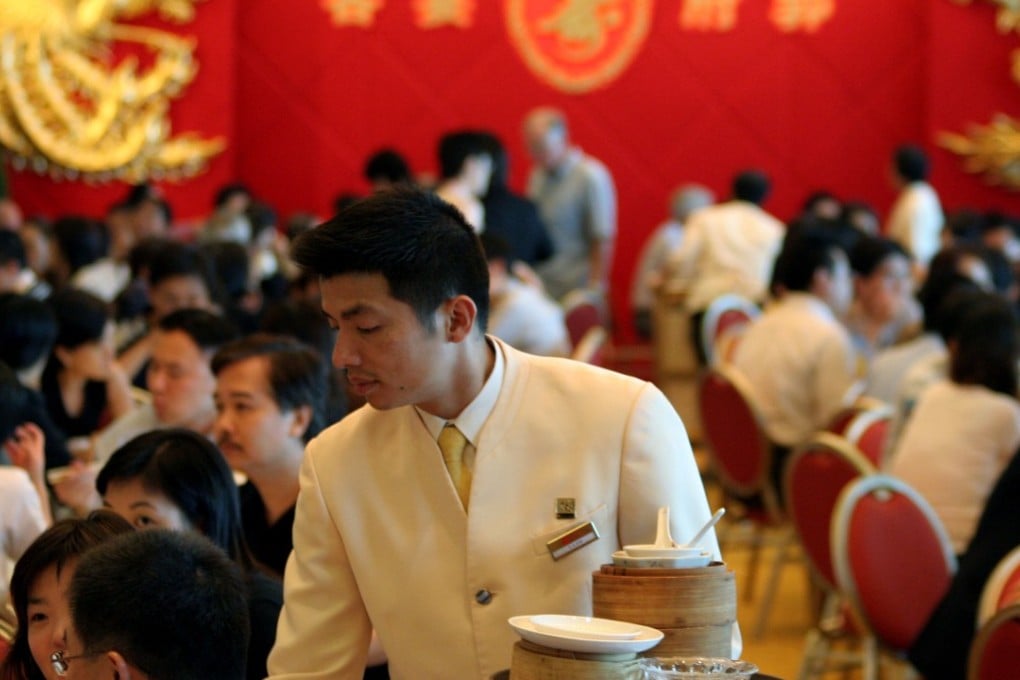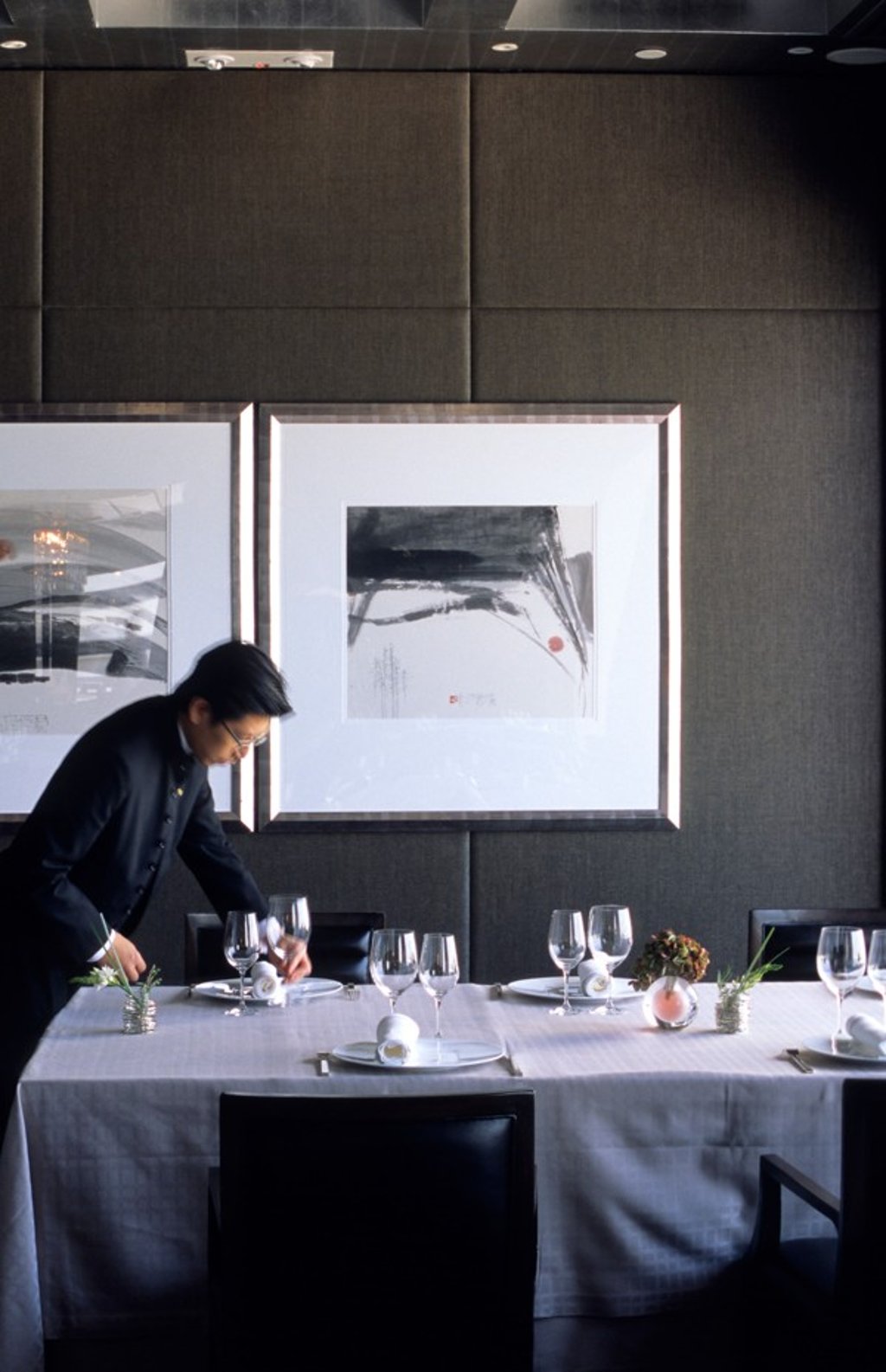Mouthing Off | The service stinks, but don’t blame the waiter: the missing ingredient in Hong Kong’s restaurants
Professional waiters are in demand but abusive customers, low pay and demanding hours offer little incentive to take up the job as a career

I feel sorry for restaurant servers. They have one of the toughest jobs in hospitality. As front line workers, they bear the brunt of rude customers, many of whom expect to be treated like royalty but don’t show the same respect in return. They are expected to just smile, take the abuse and say, “Thank you. May I have some more, please.”
We’ve all seen entitled jerks stroke their egos by putting others down. Maybe they aren’t snapping their fingers and yelling, “Hey, garçon!” in French restaurants any more but there are still idiots aplenty who will berate and be dismissive towards waiters – a smudged spoon, sparkling water without lemon, air-con too cold.
Politicians may talk about the importance of developing our service industry but there’s little proof it’s a vocation encouraged or admired by anyone, especially within the food and beverage industry. The general perception is they are low-wage jobs for dropouts, students, migrants and members of ethnic minorities. Chefs are cool and trendy now, but no parent hopes their kids will grow up to be waiters.
There was a time when service was something of a noble profession. A butler pursued his duties meticulously with pride and honour. Kitchen staff had discipline, too, and this British servant tradition extended to higher end restaurants and hotels.

Formality is not the norm when we go out for a bite these days.Few people now call the head waiter a maître d’ but everyone wants personalised service. My parents used to go to the same dim sum restaurant every week, not because they had the best food, but because the manager knew us which meant we would always get a table, and the tea charge would be waived.
Nowadays, I am happy if someone gets my order right and doesn’t toss the dishes on the table because we’re disturbing his Facebook time.
